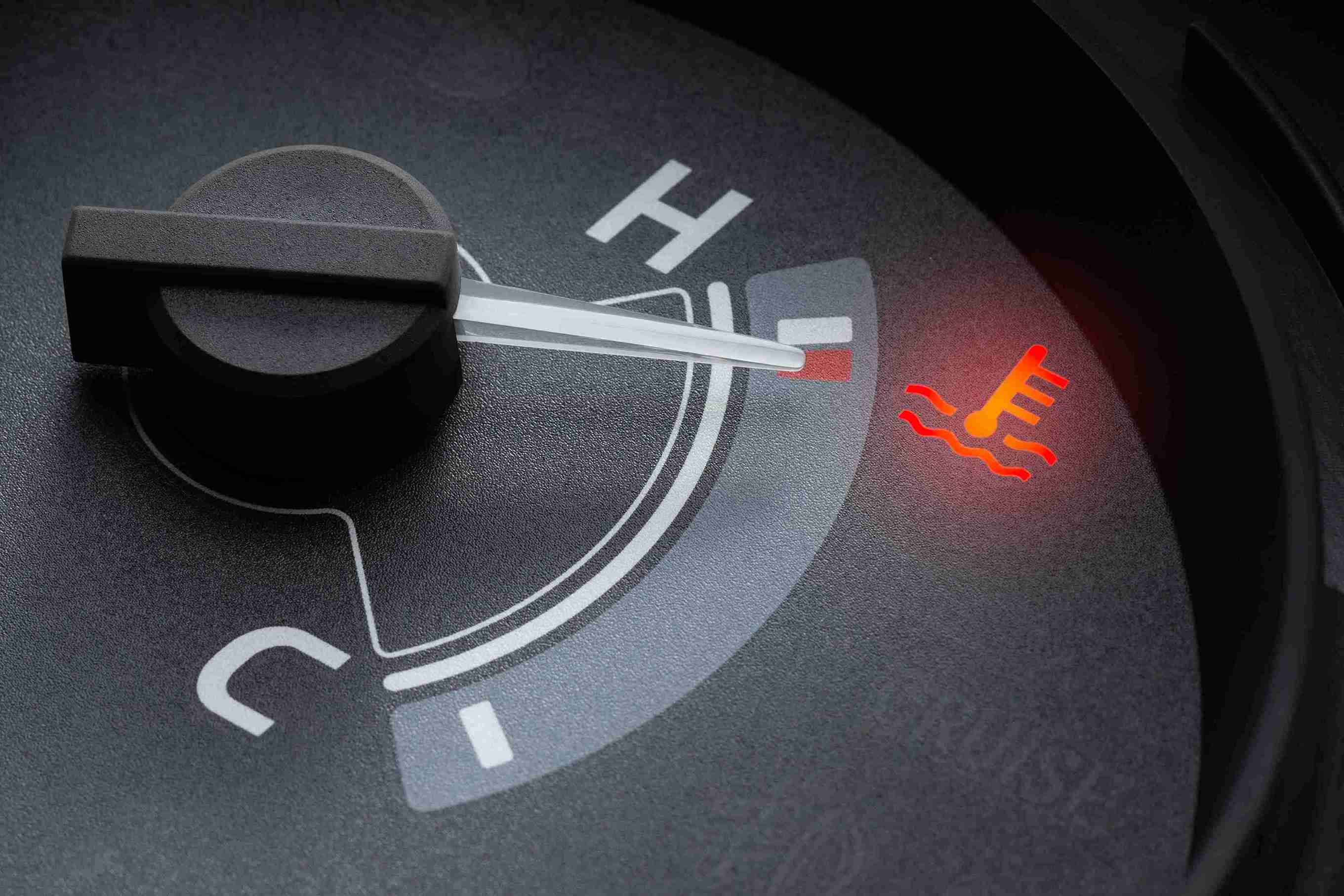Tips to Keep Your Car From Overheating
Engines can overheat when they are being worked too hard, and other times they overheat because there is a problem with the cooling system. Summer weather can definitely contribute to the engine overheating so this is a great time to review before anything happens.
Keep reading to learn what to do in the event your engine shows sign of overheating and be prepared before you hit the road for any long trips.
Always have 1 spare gallon of coolant and 1 gallon of distilled water in your trunk.
Keep an eye on your temperature gauge while driving. It takes a little practice but is worth it since many people don't notice until their car is overheating.
If the gauge rises, pull over when possible. If you see the temperature gauge rising or steam coming from under the hood, pull over, shut the vehicle off, and open the hood to allow the engine to cool off faster. However, if it's unsafe or impossible to pull over, turn off your air conditioning and turn on your heat max hot and blower fan on high. This will cool the engine by pulling heat into the passenger compartment. Then, when conditions permit, pull over and turn the vehicle off.
1. Let the engine cool off before you do anything.
2. Check the radiator for leaks.
3. Refill antifreeze / coolant levels.
4. Check radiator and hoses for leaks, blockages or bursts.
5. Carefully monitor the temperature gauge.
6. Keep a safety kit in your car with food, water, coolant, flashlight, blankets.





